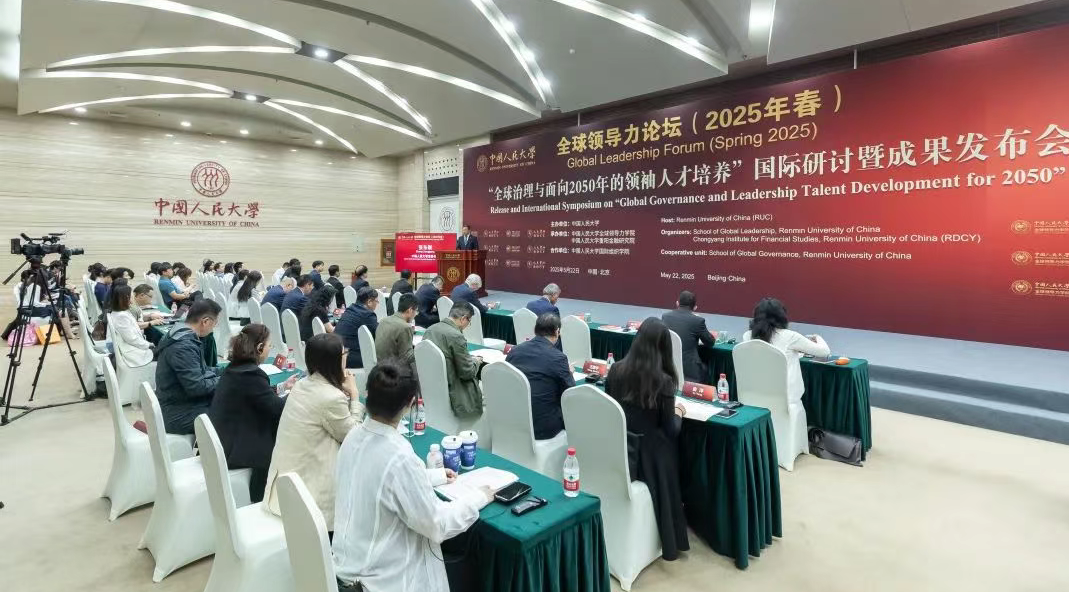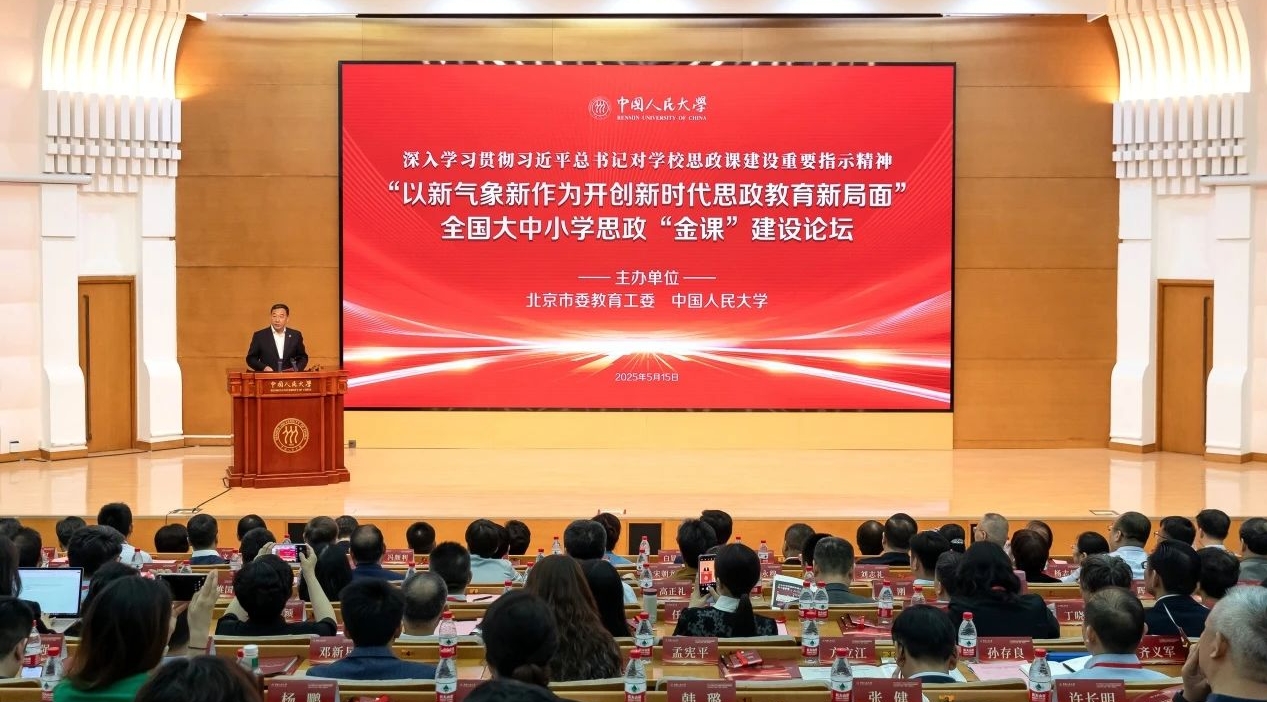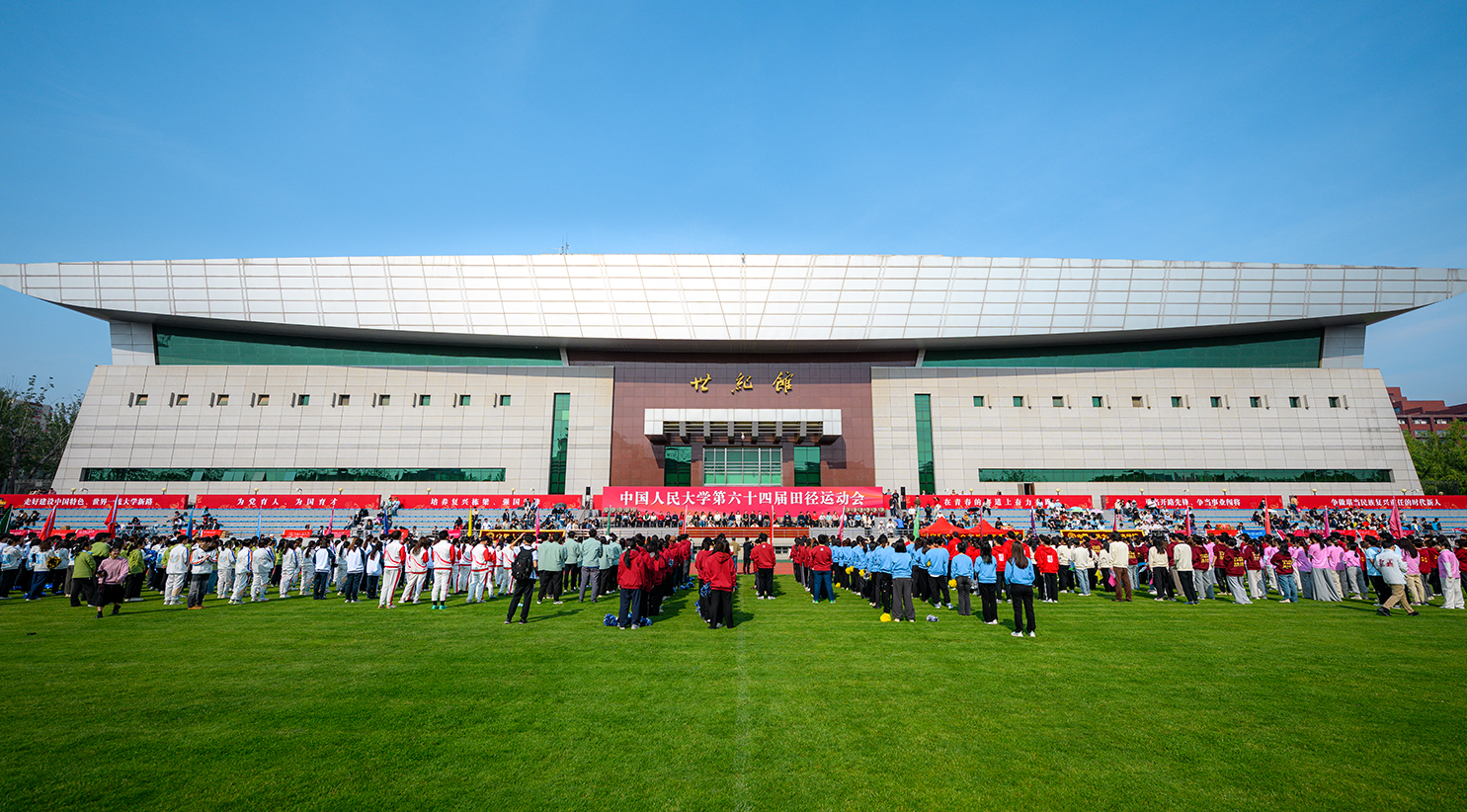Chinese President Xi Jinping returned to Beijing on Friday afternoon after wrapping up state visits to Vietnam, Malaysia and Cambodia, the Xinhua News Agency reported on Friday.
During Xi's first state visits abroad in 2025, lasting from April 14 to 18, the Chinese leader was warmly welcomed by locals, overseas Chinese, and senior officials and leaders of the three neighboring countries.
Upon arrival, the Chinese president's signed articles were respectively published in local newspapers in the three countries. Reporters also noted that media outlets of Vietnam, Malaysia and Cambodia spoke highly and with anticipation of Xi's visits.
Analysts believe that the leader's visit has yielded fruitful results and holds profound significance, both for pragmatic cooperation in various bilateral fields and for regional stability and development.
They added that close interactions are the vivid practice of the philosophy of China's neighborhood diplomacy featuring "amity, sincerity, mutual benefit, and inclusiveness" proposed by Xi in 2013, and the guiding principle has continuously advanced China's relations with neighboring countries.
To date, China has reached consensus on building a community with a shared future with 17 neighboring countries and signed Belt and Road cooperation agreements with 25 of them. China is also the largest trading partner of 18 countries in the region, reflecting their deep and growing interdependence.
Comprehensive outcomes
During Xi's visit to Vietnam, the two sides signed 45 bilateral cooperation documents, covering areas including connectivity, artificial intelligence, customs inspection and quarantine, agricultural trade, culture and sports, public welfare, human resource development, media, and more. President Xi and Vietnamese leader To Lam also witnessed the launching ceremony of the China-Vietnam railway cooperation mechanism in Hanoi, Xinhua reported.
A joint statement released in the context of Xi's state visit to Vietnam on Tuesday said China and Vietnam have agreed to build a more extensive and in-depth all-round cooperation pattern, and accelerate synergy between their development strategies, according to Xinhua.
In Malaysia, his second stop, Xi met with King Sultan Ibrahim and held talks with Prime Minister Anwar Ibrahim. During the talks with Anwar on Wednesday afternoon, Xi said he is ready to work with Anwar to boost the high-level and strategic development of the China-Malaysia community with a shared future, Xinhua reported.
Following the leaders' talks, China and Malaysia exchanged more than 30 bilateral cooperation documents, covering cooperation in areas such as the three global initiatives, digital economy, trade in services, upgrading and development of "two countries, twin parks," joint laboratories, artificial intelligence, railways, intellectual property rights, agricultural products exports to China, mutual visa exemption and panda conservation, according to Xinhua.
During the Thursday talk with Cambodian Prime Minister Hun Manet in the third leg of his three-nation Southeast Asia tour, the two leaders agreed to build an all-weather China-Cambodia community with a shared future in the new era, and designated 2025 the China-Cambodia Year of Tourism.
The two countries exchanged more than 30 bilateral cooperation documents covering fields such as production and supply chain cooperation, artificial intelligence, development assistance, customs inspection and quarantine, as well as health and media.
Xu Liping, director of the Center for Southeast Asian Studies at the Chinese Academy of Social Sciences, told the Global Times that under the strategic guidance of head-of-state diplomacy, the latest visits have produced comprehensive and fruitful outcomes.
Xu highlighted the establishment of a China-Vietnam railway cooperation mechanism, as well as the "2+2" dialogue mechanism on diplomacy and defense with Malaysia and "2+2" foreign and defense ministers dialogue mechanism with Cambodia that was announced during the visit. He was also impressed by the enhanced cooperation in emerging fields such as artificial intelligence and the digital economy.
These achievements, Xu said, mark a new high in political and security cooperation, as well as in building resilient industrial and supply chains in emerging sectors between China and the three Southeast Asian countries.
Li Haidong, a professor at China Foreign Affairs University, told the Global Times that the outcomes of Xi's visits vividly and effectively embody the vision of a community with a shared future for mankind within the context of China's neighborhood diplomacy.
The visits have not only tightened multifaceted ties between China and the three countries, but also created a strong spillover effect across the region, Li said. "Deepened cooperation between China and the three Southeast Asian nations is expected to benefit a broader range of neighboring and regional countries."
Collectively responding to challenges
The state visits by the Chinese leader came against the backdrop of the US instigating a global tariff war, with Southeast Asian countries, as key links in the global supply chain, suffering a potentially heavy impact from the "reciprocal tariff" policy. Observers noted that in a world of growing turbulence, China's pursuit of building a new type of international relations based on win-win cooperation rather than "zero-sum" outcomes is increasingly significant, extending the impact of the Chinese leader's state visits far beyond the scope of bilateral relations.
According to the China-Vietnam joint statement released in the context of Xi's state visit to Vietnam, the two countries have vowed to jointly oppose hegemonism and power politics, all forms of unilateralism and all kinds of practices that jeopardize regional peace and stability. The two sides emphasized the importance of maintaining peace and security in the Asia-Pacific region and agreed to practice open regionalism, it said.
During the meeting with Xi, Anwar said that ASEAN will not endorse any unilaterally imposed tariffs, and will promote collective advancement through cooperation to maintain economic growth. Facing the rise of unilateralism, Malaysia is willing to strengthen cooperation with China to jointly address risks and challenges, Anwar added, per Xinhua.
In Cambodia, when meeting with Hun Manet, Xi said China and Cambodia, important forces in the Global South, should stick to the common values of peace, unity and cooperation. He called on both sides to oppose unilateral bullying, practice true multilateralism, and firmly oppose bloc confrontation, Xinhua reported.
Hun Manet said that amid global turbulence caused by unilateralism and shocks to the multilateral trading system, China has played a leading role and provided valuable stability to the world. The Cambodian Prime Minister added that Cambodia is willing to strengthen coordination and cooperation with China to safeguard their common interests, per Xinhua.
"US' unilateralism, trade protectionism, and hegemonism have brought tremendous uncertainty to global development," said Xu, "President Xi's visits sent a clear signal of strengthening regional cooperation, further solidifying consensus among countries and injecting new momentum into the region's stability and development."
Similarly, Li believes that China's close coordination and cooperation with neighboring countries, along with its positive spillover effects across the region, will enhance confidence among regional and global partners in the future of development.
Liu Ying, a researcher at the Chongyang Institute for Financial Studies, Renmin University of China, said Xi's state visits will not only promote deeper regional economic and trade development but will also help unite ASEAN and Asian countries to collectively respond to external challenges and play a vital role as a stabilizer and engine for the global economy.
Inheritance of Bandung Spirit
The day the Chinese leader concluded his visit to the three Southeast Asian countries also marked the 70th anniversary of the historic Asian-African Conference, also known as the Bandung Conference. The conference held in Bandung, Indonesia, on April 18 1955, marked the first time that the countries of the Global South united to oppose imperialism and colonialism in defense of their sovereign rights and a more equitable world. Representatives of 29 Asian and African countries proposed the Bandung Spirit with "solidarity, friendship and cooperation" at its core, initiating the Non-Aligned Movement and South-South cooperation, Xinhua reported.
"During his state visits, President Xi repeatedly stressed the importance of unity and cooperation among regional countries, and the need to oppose hegemonism and external interference," Xu said, "the Bandung Spirit continues to resonate strongly in the current global context."
Li emphasized that the visits once again demonstrated that China and other Global South countries form a community with a shared future, built on mutual support and solidarity, also with the common aspiration and interest in resisting hegemony and pursuing development together.
Xi's visits highlighted the need for closer coordination among developing countries to better safeguard their sovereignty, security, development, and well-being, Li added.
原文链接:[环球时报]Xi returns to Beijing after state visits to three SE.Asian countries



















